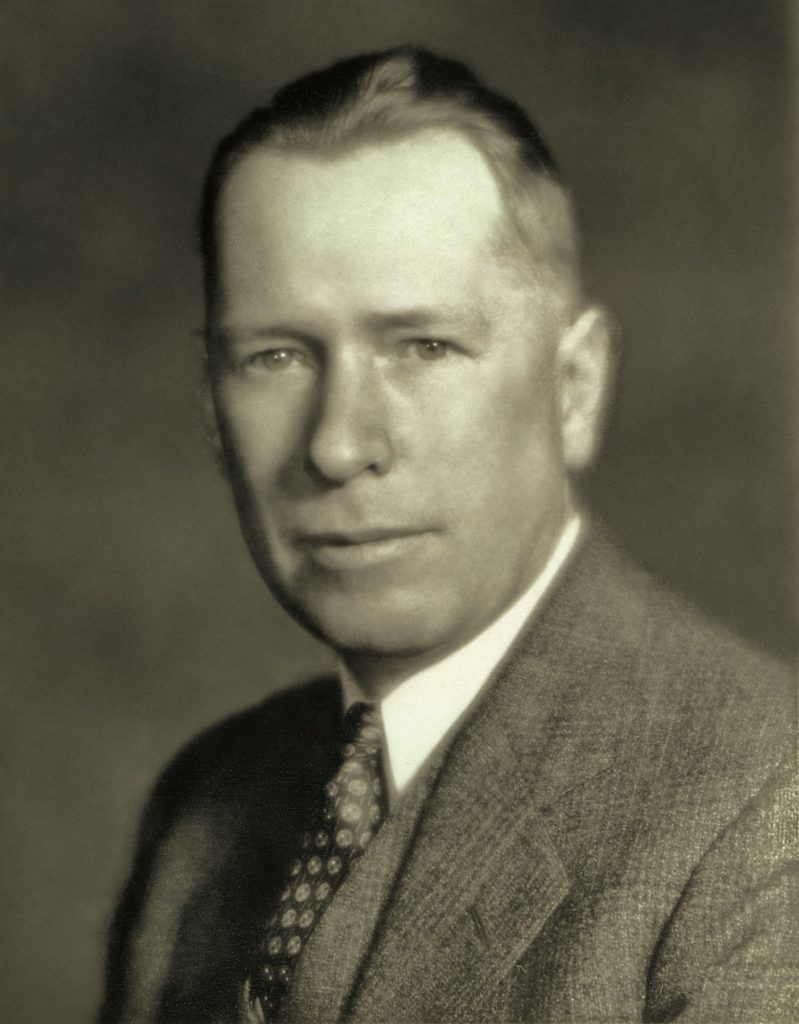With National Nutrition Month coming to an end, a look at what it means to take this topic for granted seems in order. If you’re lucky, you were brought up eating all the right things (at least most of the time) and you’ve continued as you started making your own food choices (again, at least most of the time).

But what if that isn’t the case? What if you’ve been just going through the motions and following along with mainstream ideas about nutrition—low–fat, high–carb, etc.? When we move through life without taking any real ownership of our diet and nutritional wellbeing, it can be fine for a while, then take a turn toward dietary deficiencies, aka malnutrition.
For most of us, this can be avoided if we access a little self-health education and learn what to look for. So, what does malnutrition look like?
Malnutrition is subtle, offering you quiet signals here and there as it builds to a boisterous, full–blown disease. Don’t worry, you aren’t about to wake up with scurvy tomorrow, just because you missed the daily recommended dose of vitamin C yesterday. Our bodies have a store of nutrients to draw on when necessary, if our diet is nutrient-dense. It isn’t until those reserves get low, and you don’t replenish, that trouble shows up.
As Dr. Royal Lee put it in his 1960 article, “Number One Ailment—Malnutrition,” with regard to the various number–one killers revealed by annual statistics (cancer, heart disease, etc.):
“This sensationalism, while interesting, often fails to strike home to the average sufferer of malnutrition, whose attitude is usually dulled by complacency until a ‘dramatic’ disease strikes his own long-ailing body.”
How do you know if your body is ailing before it goes too far?
- Starting with our vitamin C example from above, in her straightforward book, Back to the Basics of Human Health: Avoiding the Fads, the Trends, and the Bold–Faced Lies, Mary Frost shares some signs of deficiency in this nutrient, including joint pain, bruising easily, and gums that bleed when you brush your teeth. She continues by questioning how many people end up using pain medications rather than reaching for more whole foods rich in vitamin C.
- When your body is getting low on potassium, you’ll feel lethargic, weak, excessively thirsty, and even depressed. Since it’s crucial for regulating your heartbeat, you may also notice some irregularities in your heart rhythm.
- Vitamin B12 deficiency will initially present as a swollen tongue, tingling/numbness in your hands or feet, and/or a feeling of being off–balance. Animal products are the main source of B12; therefore, vegetarians are especially at risk of becoming deficient.
Of course, these aren’t the only signs of malnutrition, and I encourage you to do some research to make sure you aren’t experiencing any symptoms.
Dr. Royal Lee lived by the belief that “the primary cause of disease isn’t germs, genes, or toxins. It’s malnutrition.” He worked most of his life sounding alarms to make people aware of what processed foods were capable of doing to our health. He expanded the science behind the whole–food nutritional supplements of Standard Process—even growing some of the ingredients himself. He patented the equipment to process the whole–food ingredients without damaging the nutritional components. And, he took heat from the establishment while spreading the word about the powerful impact proper nutrition has on our overall health. Even though we never had the pleasure of meeting him, Dr. Royal Lee had our self-health backs.
All of this said, malnutrition seems as though it should be avoidable, right? We shouldn’t even be seeing the chronic disease issues that are everywhere, considering the bounty available in this country. Right? Chronic disease can be avoided by simply giving our bodies the nutrients it needs.
The difficulty often starts with crazy, mixed–up messages about the latest nutrition trends. A good start would be ignoring these directives and getting back to the rhythms of the days before epidemic levels of obesity and diabetes. In his 1961 article, “A New Definition of Nutrition,” Dr. Lee wrote “…degenerative diseases—which plague civilized man—are practically non-existent in areas of the world where nutrition follows basic, natural laws.”
Mother Nature knows best. Always has, always will. And while things like modern farming practices are challenging her ability to provide for us in the same way she used to, eating more like our grandparents did is still a stellar first step to avoiding malnutrition. Finding a practitioner well-versed in whole–food supplementation to fill in the gaps is a solid second step.
Now that you have some ideas of what malnutrition looks like, dig deeper with Stephanie Anderson’s Why Your Doctor Offers Nutritional Supplements. In it, Anderson gives a refresher on how nutrients end up in our foods in the first place, and how processed food manufacturers are getting it wrong.
Images from iStock/tapui (main), PatrickZiegler (farm) Dr. Lee image from Selene River Press.



